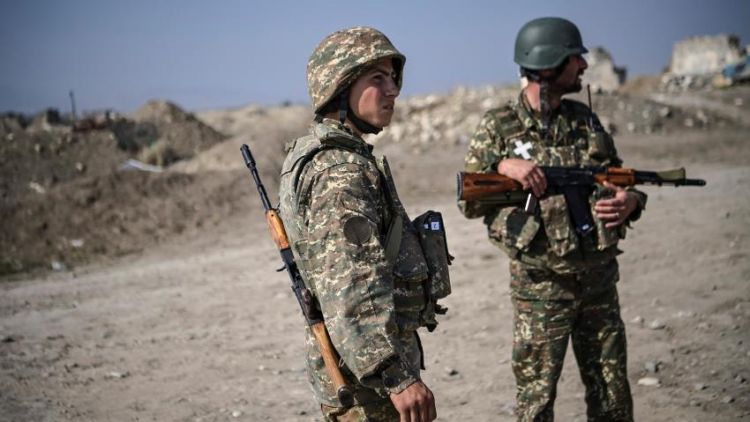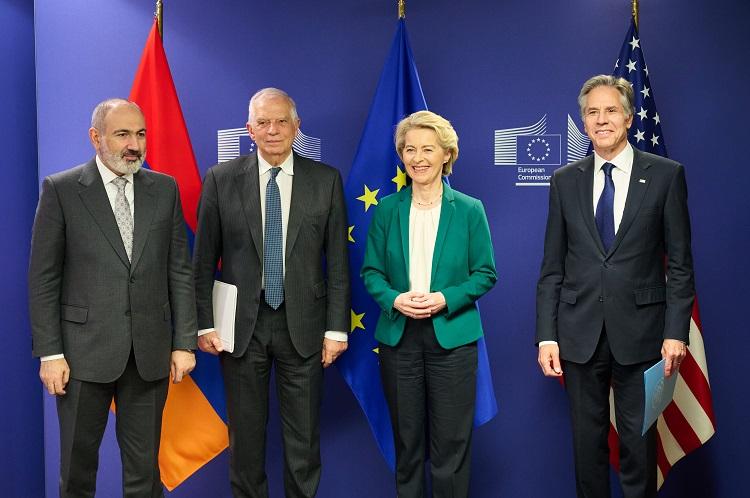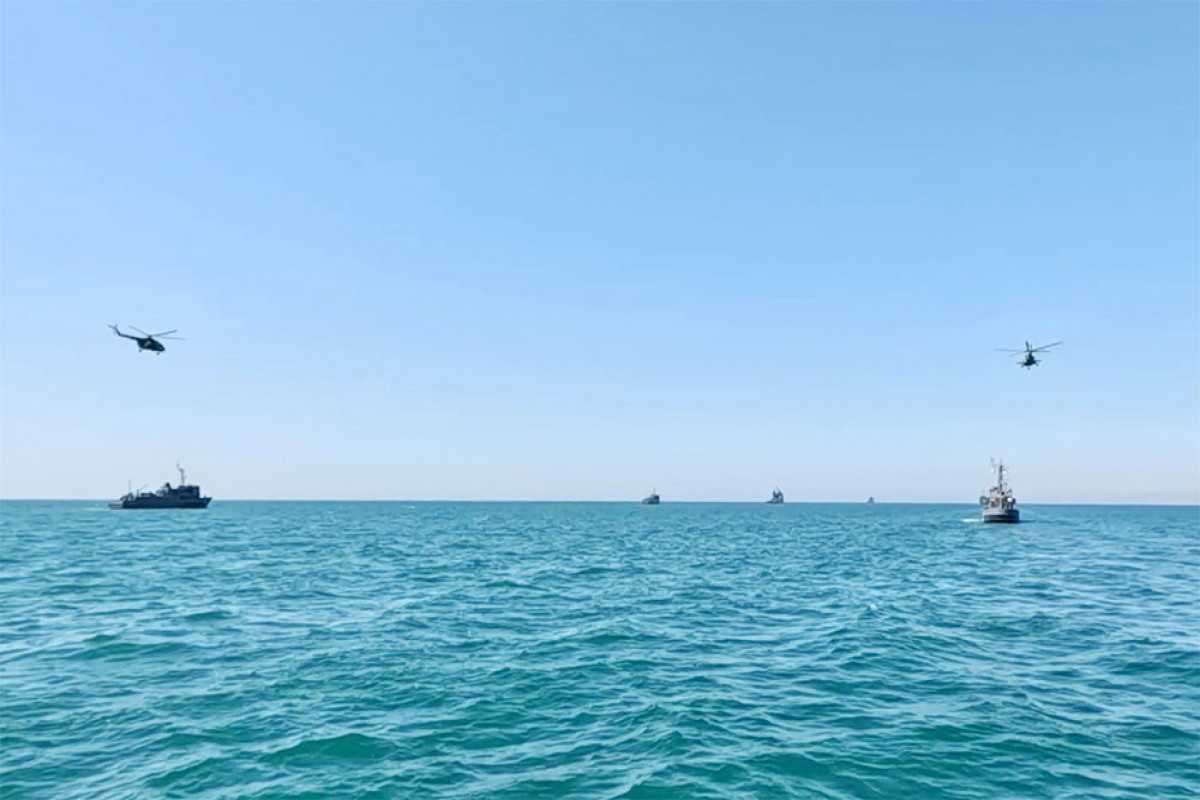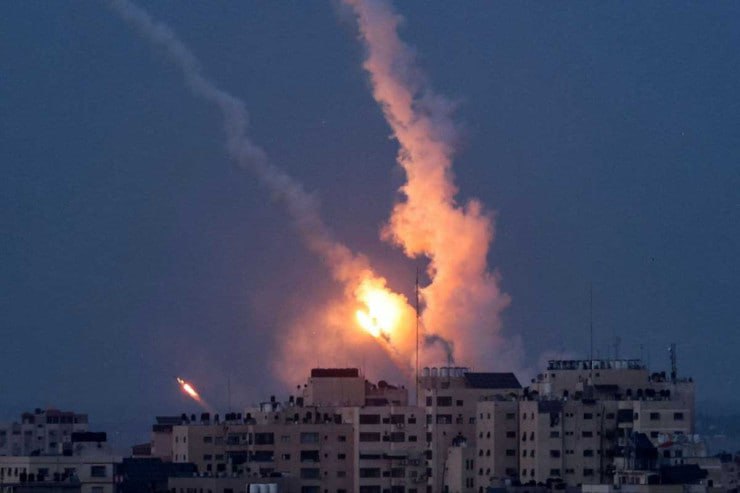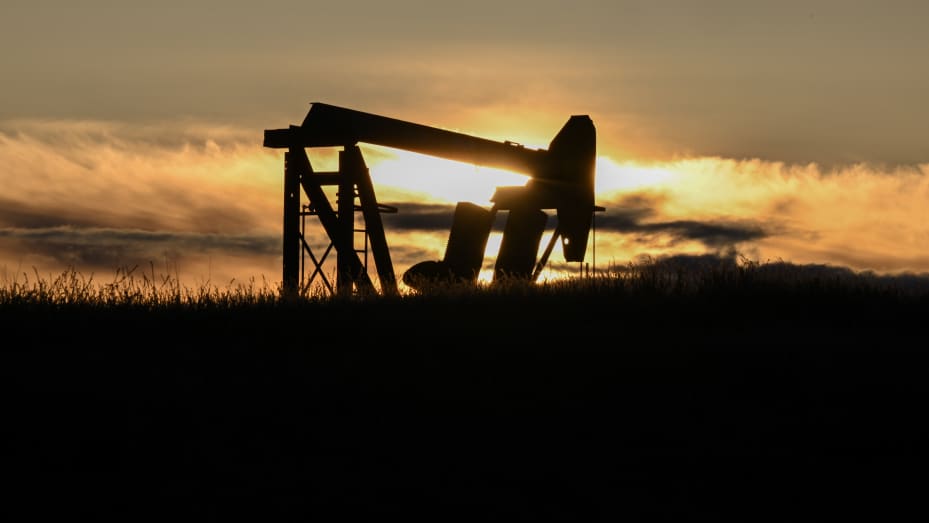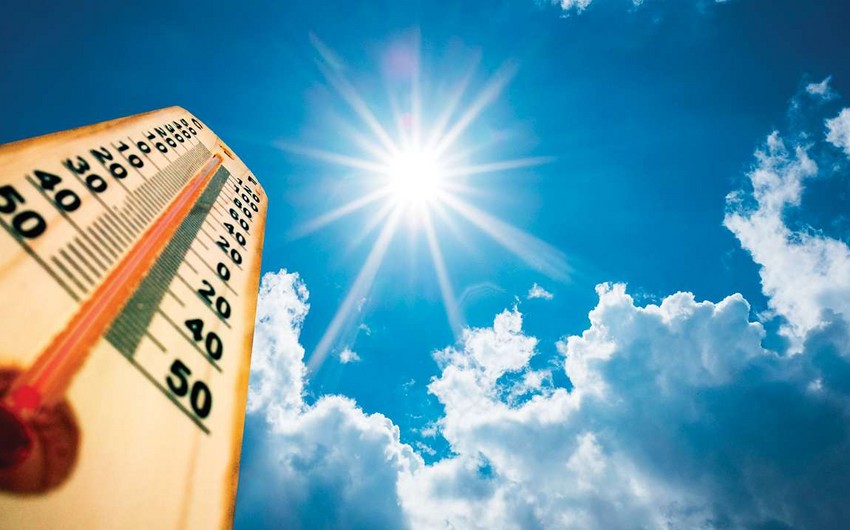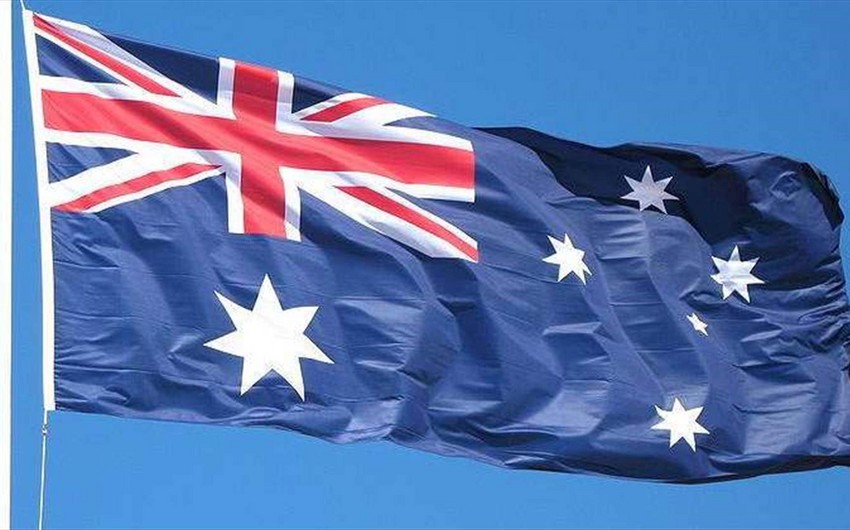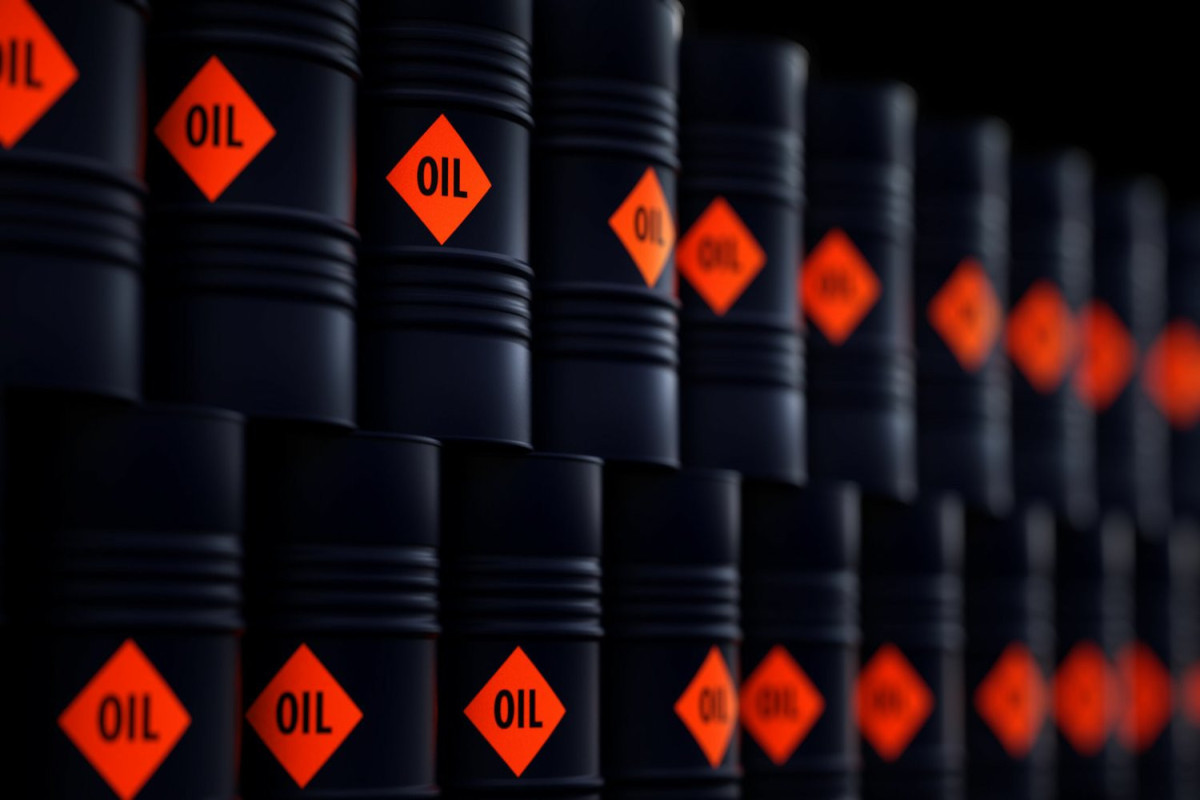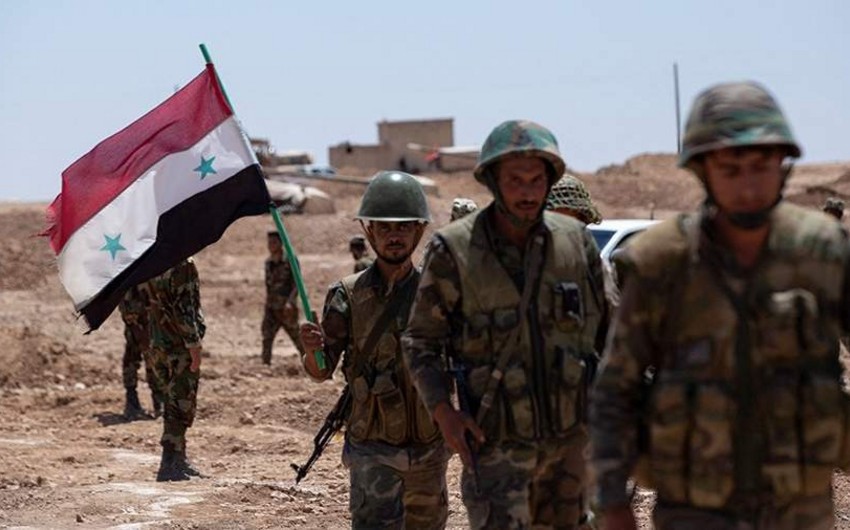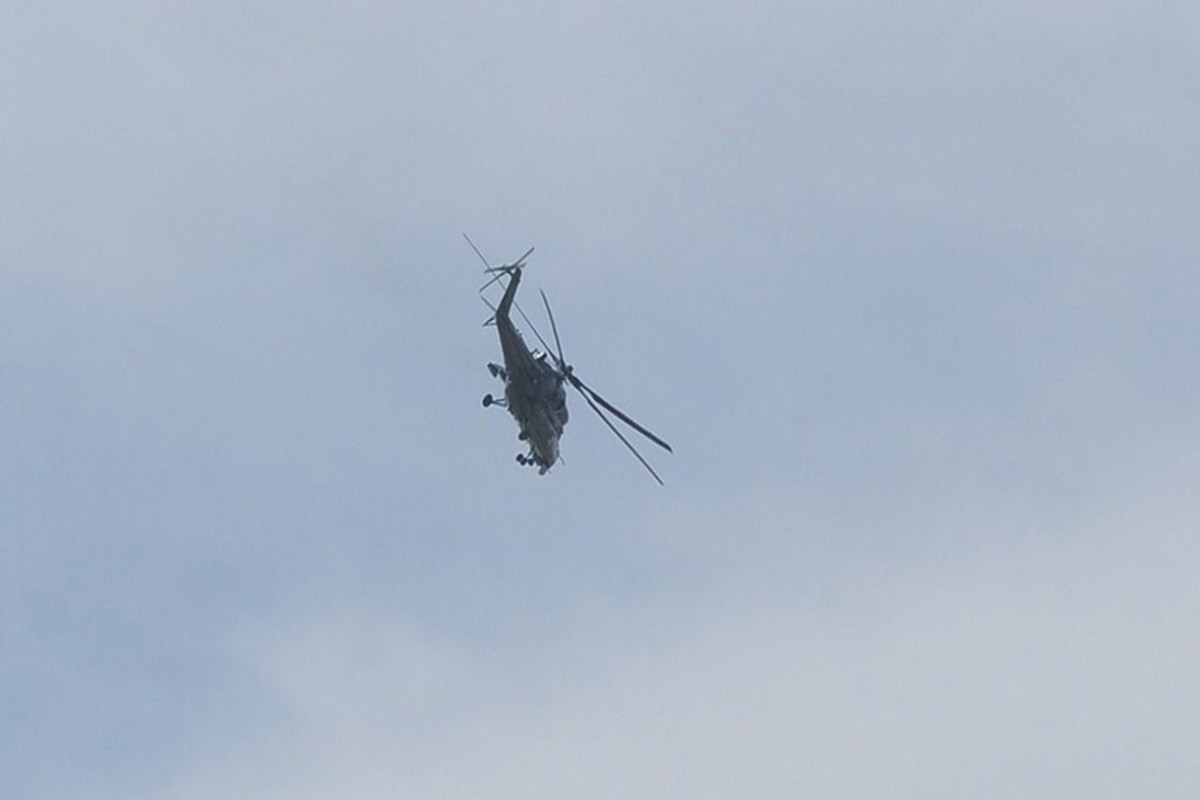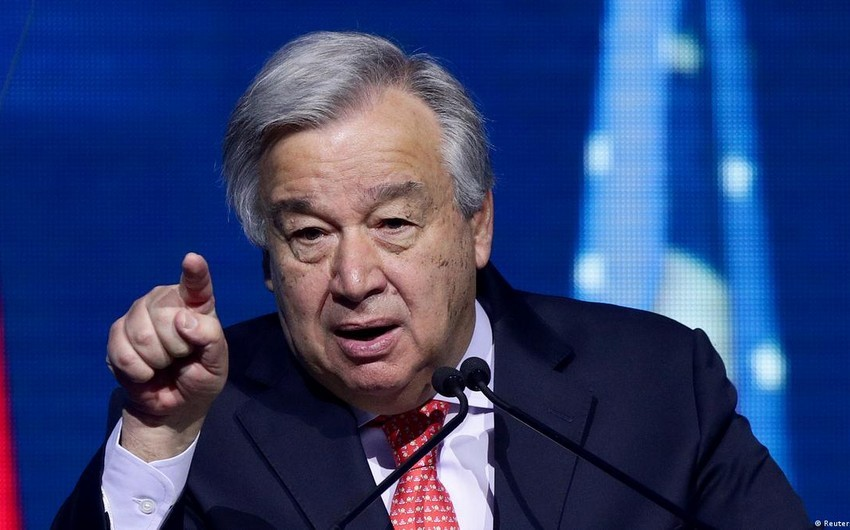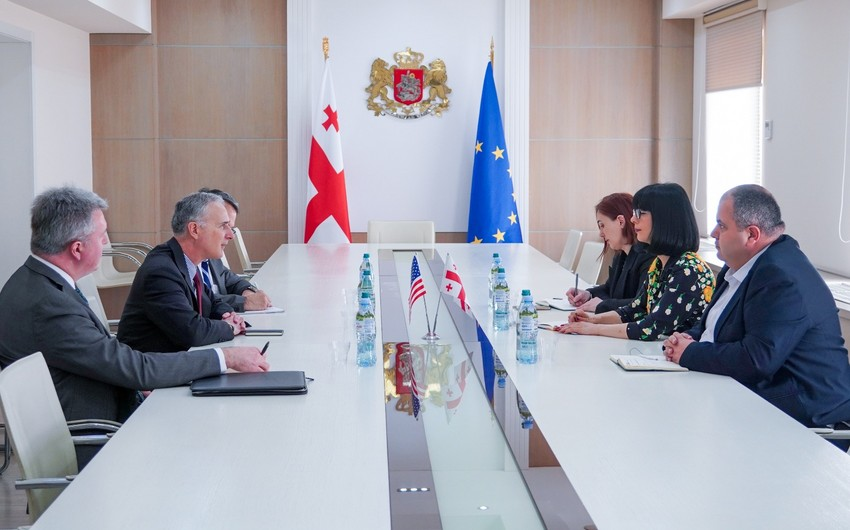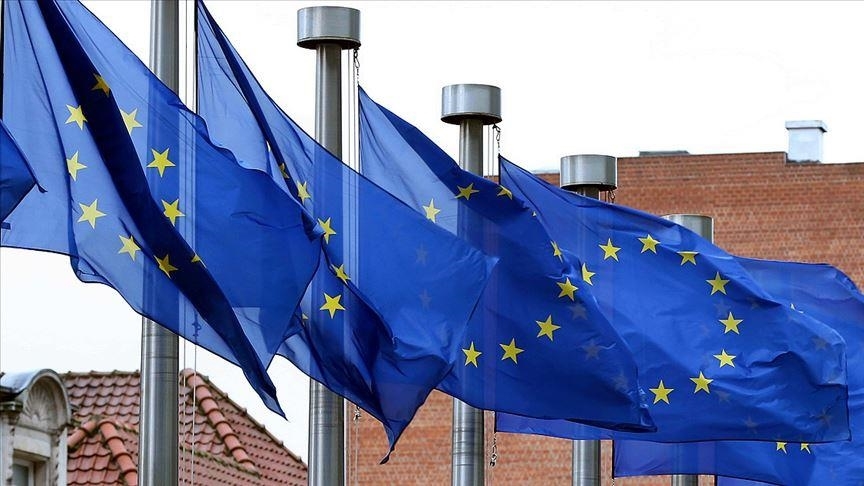Eurasia Diary presents article titled "Turkey's rise and Iran's decline in the South Caucasus" published in New Arab Agency.
Article is written by Fuad Shahbazov, who is a Baku-based policy analyst covering regional security, defence, and religious extremism.
Following the deadliest large-scale violence between Azerbaijan and Armenia in the Nagorno-Karabakh region for nearly three decades, the active phase of the conflict ended in November with a signed ceasefire agreement.
But while the conflict asserted Turkey's influence in the South Caucasus region, it also contributed to increased tensions between Ankara, Moscow and Tehran.
The Turkish-Russian confrontation in the South Caucasus can be seen as a logical continuation of the rivalry in Syria and Libya, which resulted in shifting the regional balance of power along the southern borders of Russia. The active political involvement of Ankara in the conflict caused deep outrage not only in Moscow but also in Tehran, another important regional actor.
When fighting began, President Recep Tayyip Erdogan announced that Turkey would continue to support Azerbaijan "with all its resources and heart." During the war, Ankara provided Baku with active political and military support by exporting at least six armed Bayraktar TB2 type attack drones and supplying smart munitions (MAM-L), including precision-guided missiles.
Moreover, by January 2020, Azerbaijan's defence-related imports from Turkey had increased by 39.85 percent, year on year, reaching $88 million. For Iran, meanwhile, the war came at a bad time, as harsh economic stagnation and political instability amid US-imposed sanctions took their toll, together with involvement in multiple conflict arenas in the Middle East.
The 44 day-long war ended with a victory for Azerbaijani forces and the capture of large swathes of territory, with Armenia paying a heavy price for its poor military performance by losing a vast amount of military vehicles and huge human casualties. The Moscow-brokered ceasefire agreement ended hostilities in Nagorno-Karabakh and paved the way for the Turkish military to be involved in the peacekeeping mission on the ground.
However, unlike its regional rivals, Iran took what it called a "neutral position" during the conflict and has repeatedly offered to mediate between adversaries. When active military operations were launched in the southern Jabrayil-Zangilan region - right on Iran's doorstep - the country's officials unveiled a "peace plan" developed by Deputy Foreign Minister Abbas Araghchi during a tour of Moscow, Ankara, Baku and Yerevan.
But despite Abbas Araghchi's efforts to bring Baku and Yerevan to a consensus, Iran quickly proved to be a non-factor in the most recent fighting. Iran's deep ideological, military, and financial involvement in a number of costly sectarian conflicts in various Arab states has negated its influence in its immediate neighbourhood.
Iran was also in no position to be a neutral mediator in the conflict, particularly given media reports of the alleged transfer of military equipment to Armenia during active military operations. Officially, though, Tehran has denied these accusations, which quickly inflamed mass protests among the ethnic Azeri minority community in Iran.
The protesting groups demanded that Iranian authorities close the country's border with Armenia and the Norduz border gate. Reports about military aid to Armenia triggered hot debates in Azerbaijani society as well, leading to growing discontent in Baku.
As such, Iranian officials linked to the Supreme Leader Ali Khamenei issued a statement clearly asserting that Iran supports the "territorial integrity of Azerbaijan", which was followed by statements from Iranian President Hassan Rouhani, Foreign Minister Mohammad Javad Zarif, and Ali Akbar Velayati, advisor to Khamenei, reiterating the position that "Armenia should leave Azerbaijani territory."
Nevertheless, the consequences of the Armenia-Azerbaijan war and the subsequent Russia-brokered agreement have created a significant number of new challenges for Iran, such as the return of Baku to the border, which could potentially boost its grip over the ethnic Azeri minority on the other side.
When Azerbaijani forces regained full control of Jabrayil and the historic Khudaferin bridge, hundreds of Iranian Azerbaijanis gathered along the border adjacent to the newly recaptured territories to cheer on Azerbaijani soldiers. Such incidents could stoke Iranian fears that the current escalation in the region could overflow and pose a serious threat to internal security by fuelling a sense of nationalist and separatist sentiments among ethnic Azeris.
In particular, the growing footprint of Turkey in the region may also gradually undermine Tehran's control, as under the AKP ruling party Ankara has managed to strengthen its grip over all Turkic people in the former Soviet space, granting it additional leverage.
Another problematic issue for Iran is that the ceasefire agreement stipulates a new transit corridor via the Nakhchivan exclave linking Baku and Ankara, which will give the latter more of a stake in the region. The new direct land route between Turkey and Azerbaijan will increase trade volume between the two and decrease Iran's role as a "transfer route."
This was further reinforced when Baku and Ankara signed a Memorandum of Understanding in December to build a new 85km-long gas pipeline flowing through the Turkish Igdir province that will supply Nakhchivan with natural gas. For many years Nakhchivan had been receiving gas through Iran. Such infrastructure projects in the region could cost Iran billions of dollars.
The most recent fighting in Nagorno-Karabakh has created new geopolitical realities that Tehran cannot ignore, such as strengthened Azerbaijan-Turkey ties, an Azerbaijan-Israel military partnership, and the return of a longer border shared with Azerbaijan. It has also seen the deployment of Russian troops in the region just 100km from its border, which will require Iran to deploy more troops to the north and critically assess new threats.
Although Russia and Iran have enjoyed good relations for many years, Tehran has been unsuccessful in increasing its leverage over the South Caucasus region over the past two decades, allowing Moscow to shape its own interests in the region.
Moreover, it is also unclear how relations between Baku and Tehran will develop in the near future, considering the fact that Azerbaijan has gained a new land route with Turkey which greatly reduces its reliance on Iranian territory. In short, Iran will need to swiftly adapt to the new geopolitical order in the South Caucasus region and build more constructive relations with Baku, Ankara, and Moscow.

